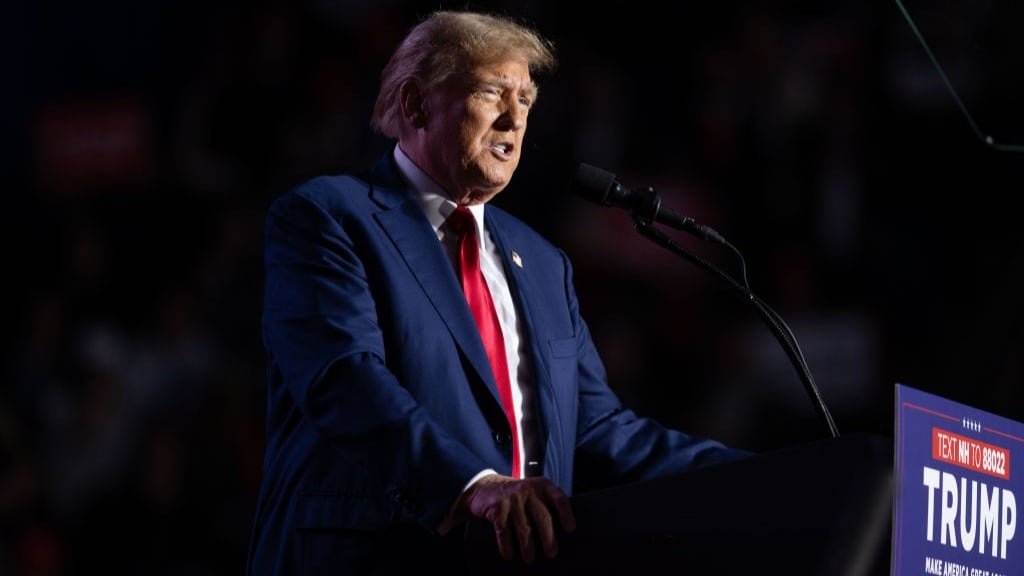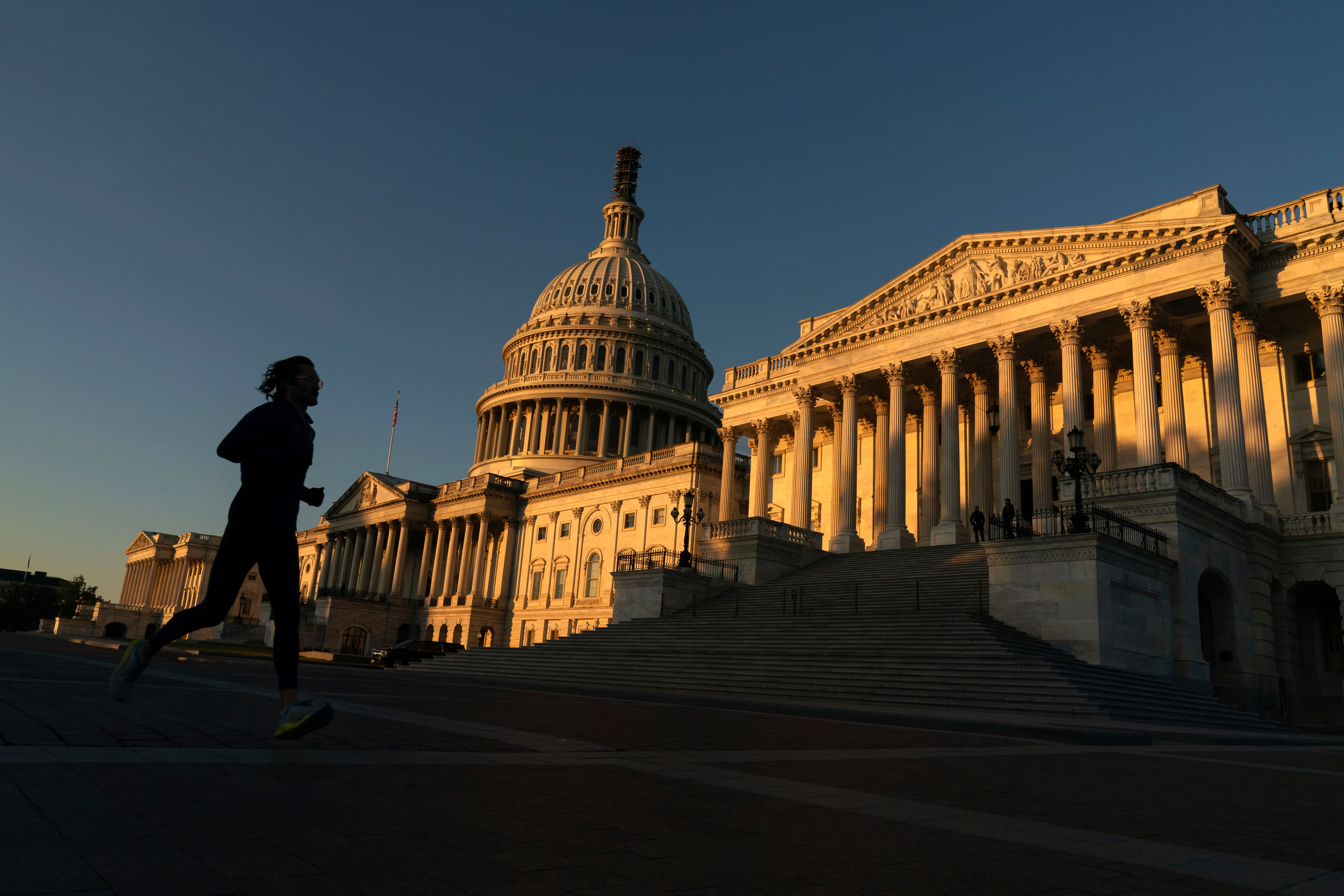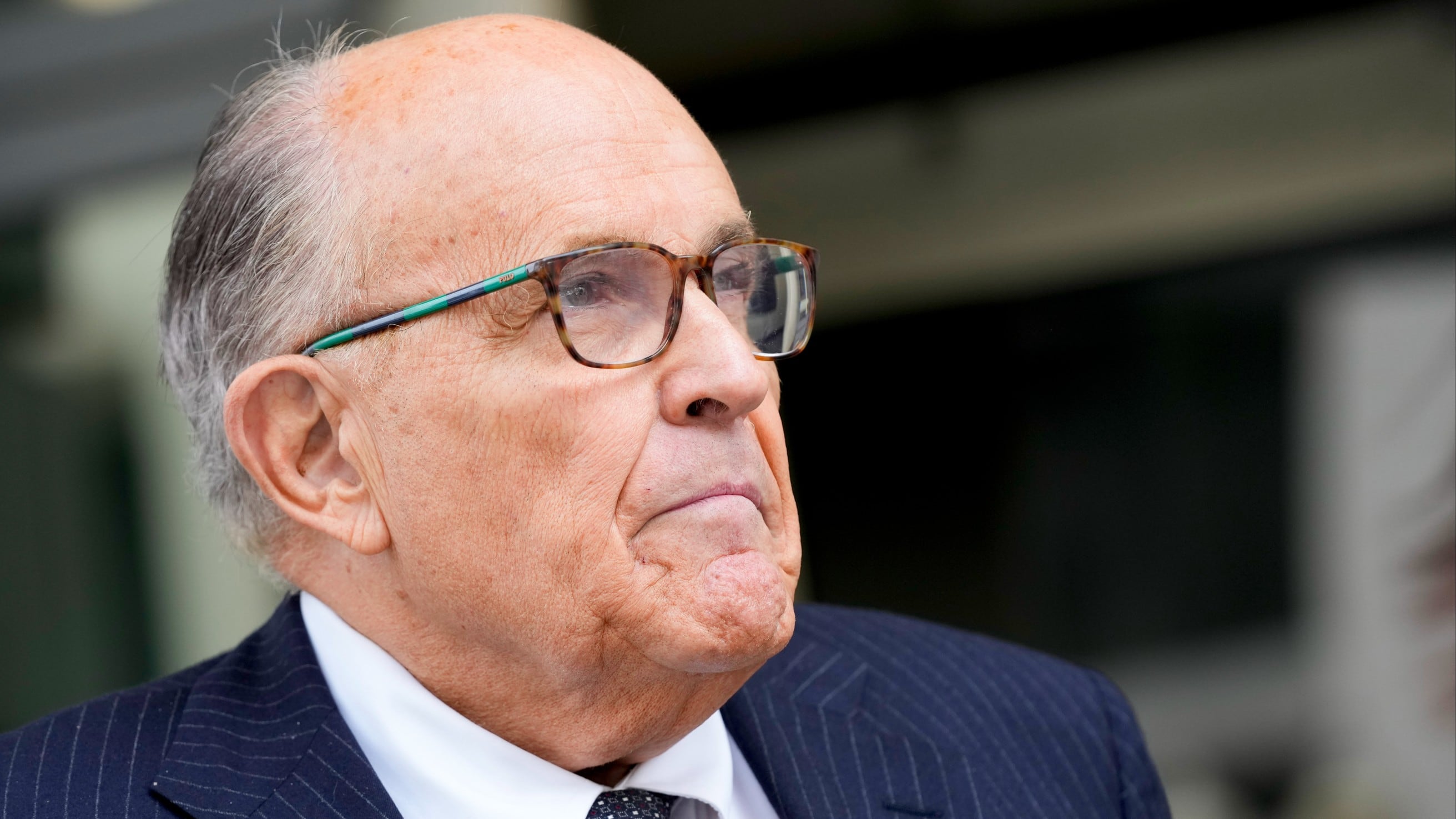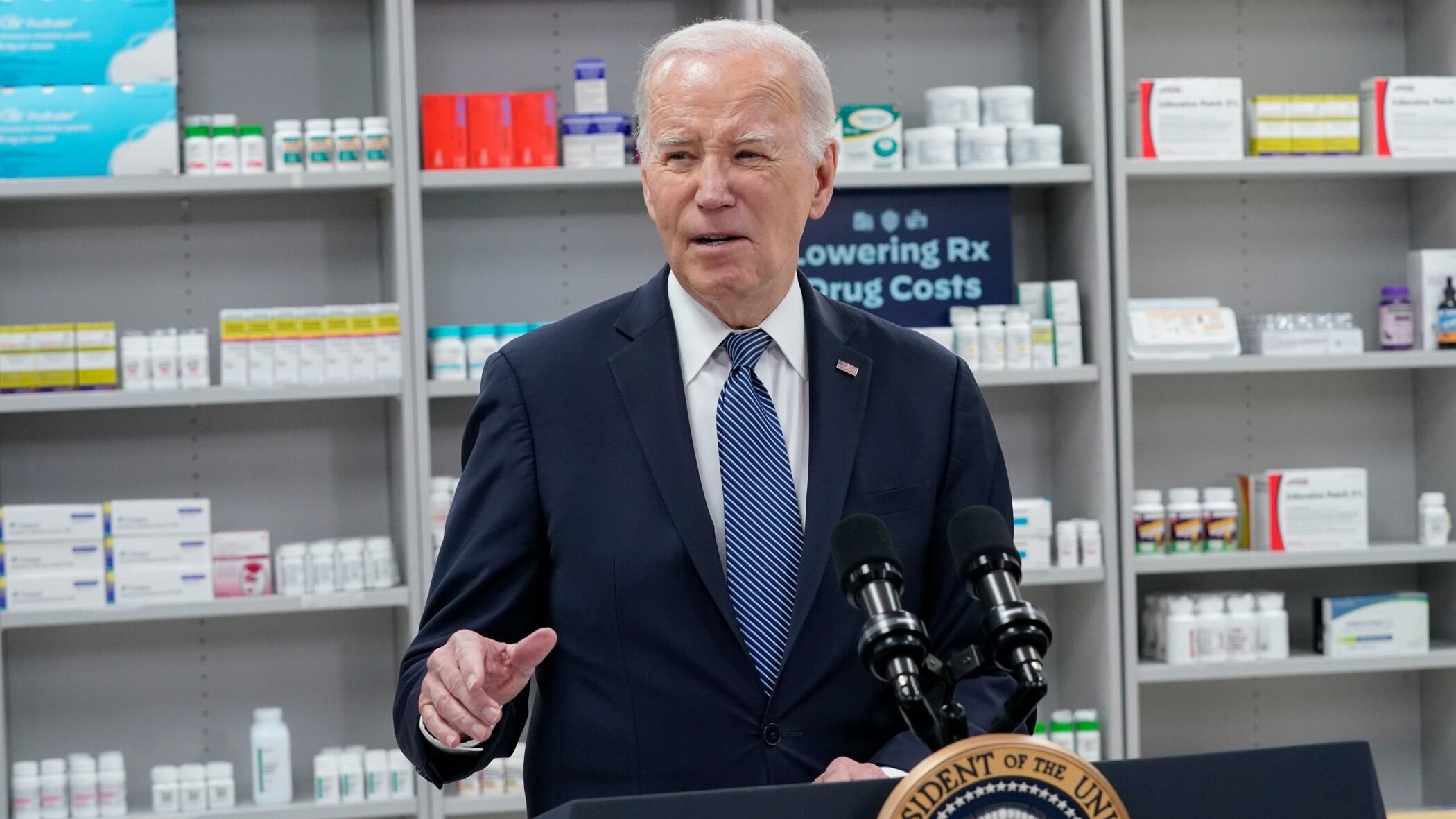Republican lawmakers are signaling they won't support the Biden administration's proposed $2.3 trillion infrastructure bill, but Democrats appear ready to plow ahead regardless.
"Republicans inside the Beltway can either get on board or they can watch Democrats pass one of the most monumental and important pieces of legislation on party-line votes," said Rep. Jake Auchincloss (D-Mass. 4th District), member of House Committee on Transportation and Infrastructure.
Auchincloss, a former Republican for a matter of months in 2013 and 2014 who then took the seat vacated by Joseph P. Kennedy III during his bid for Senate, is one of a younger generation of current Democrats seeing large-scale public investment as crucial to the country's economic future.
"Millennials are on track to be the first generation in American history who are worse off than our parents, and the American Jobs Plan can be the turning point," he said. "We can look to our kids and our grandkids and say America was in crisis, America hit a low point, and then we built back better."
The first-term congressman added that the bill could be a "starting point for a roaring 20s," alluding to a common refrain among those who are optimistic about the next decade of the U.S. economy.
Democrats are also pointing to polls that show widespread support for infrastructure spending, including a Reuters poll showing that 79 percent of Americans back a government overhaul of American roadways, railroads, bridges, and ports.
The representative noted that Democrats are willing to engage with Republicans in a healthy debate over how to prioritize investments and how to pay for the bill, but that they would not compromise on the size and scope of the legislation.
"We welcome a bipartisan conversation, but we're going to pass an infrastructure bill and it's going to be popular with the American people," he said.
Auchincloss pushed back against the argument that increasing the corporate tax rate from 21 percent to 28 percent, the proposal from Biden as a way to help pay for the massive package, would not hurt the overall economy.
"We know that the multiplier effect on a dollar of infrastructure spending outweighs the multiplier effect on a tax cut for high-earning individuals and for corporations," he said.
The newly-elected representative also didn't shy from taking a hardline position on China, which he said is outcompeting the U.S. due to lack of sufficient investment.
"We're entering a G2 world and increasingly companies are going to have to choose whether they want to orbit the United States economy or orbit the Chinese economy," he said.
Auchincloss said competition with China will have both economic and ideological shades and also compared the U.S.'s global efforts to its experiences during World War II and the Cold War.
"If the United States invests in our vision and our own economy, we're going to win," he said.












